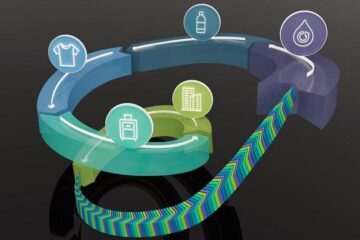Detection of relevant variants of the KRAS and the BRAF gene

Scientists of the Saarland University and the Charité Berlin established an assay which allows the selective detection of all 14 clinically relevant variants of the KRAS gene (codon 12 and 13) and the BRAF gene (codon 600-2). Compared to the most frequently used technique of direct sequencing, the assay shows a much higher sensitivity with a reliable detection limit of 5%, compared to 20% of mutated DNA in a wild type background, with causing only one third of the costs of direct sequencing, as the assay does not require complicated establishment procedures, expensive lab automation or technical replicates.
Further Information: PDF
Universität des Saarlandes Wissens- und Technologietransfer GmbH PatentVerwertungsAgentur der saarländischen Hochschulen
Phone: +49 (0)681/302-71302
Contact
Dipl.-Kfm. Axel Koch (MBA), Dr. Conny Clausen, Dr. Hauke Studier, Dr. Susanne Heiligenstein
Media Contact
All latest news from the category: Technology Offerings
Newest articles

Webb captures top of iconic horsehead nebula in unprecedented detail
NASA’s James Webb Space Telescope has captured the sharpest infrared images to date of a zoomed-in portion of one of the most distinctive objects in our skies, the Horsehead Nebula….

Novel genetic plant regeneration approach
…without the application of phytohormones. Researchers develop a novel plant regeneration approach by modulating the expression of genes that control plant cell differentiation. For ages now, plants have been the…

Roadmap to close the carbon cycle
A holistic approach to reach net-zero carbon emissions across the economy. A major approach to achieving net-zero carbon emissions relies on converting various parts of the economy, such as personal…

















